Economics is the study of making use of the resources of the country in a fruitful manner. India has witnessed some of the best economists of all time, who have also had a significant impact on all our lives. These economists have not only shaped the country’s economic policies but have also made major contributions to global economic thought. From laying the groundwork for economic planning in independent India to addressing contemporary challenges like poverty alleviation, trade policies and sustainable development, these visionaries have left an indelible mark on the nation’s journey. The top ten most famous economists in our country of all time have actually given a new dimension to our society. Let us understand their economic theories and their significant work towards the field here.
1. Dr. Amartya Sen:
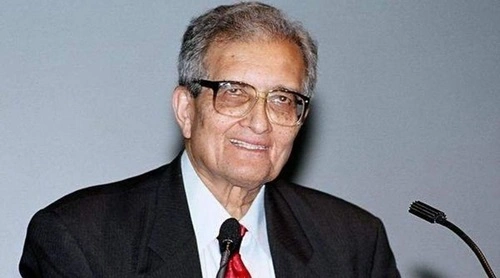
He is a renowned economist and philosopher from India, but famous all over the world because of his welfare economics model. He also contributed to the social choice theory, capability approach, development economics, and the concepts of economics and social justice. It was for his exceptional contribution in welfare economics, that he received the Noble Prize in the year 1998. In 1999, he received India’s highest civilian award, the Bharat Ratna. Currently, he is the Thomas W. Lamont University Professor and lectures at Harvard University. Sen formerly held the position of Master of Trinity College at the University of Cambridge in the United States.
2. Ardeshir Darabshaw Shroff:
Ardeshir is an exceptional banker, and economist in India. Shroff was an informal delegate to the United Nations Bretton Woods Conference on postwar monetary and financial systems in 1944, as India was not an independent country then. Shroff collaborated with seven other important businesspeople in 1944 to create the Bombay Plan, a series of ideas for India’s post-independence economy. Shroff was the founding director of the Investment Corporation of India in the 1950s, as well as the chairman of Bank of India and New India Assurance Company Limited.
3. Avinash Dixit:
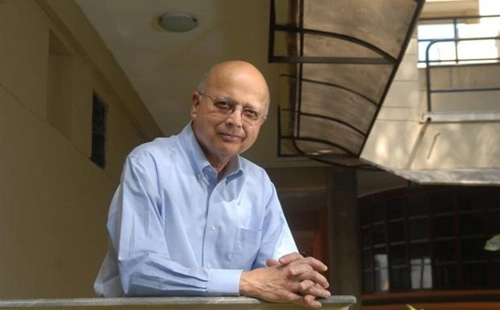
Avinash Kamalakar Dixit in an Indian economist with American origin and was born in Mumbai. He received his bachelor’s degree from the University of Mumbai but later transferred to the University of Cambridge and enrolled in BA again. In addition, he earned his doctorate from MIT. One of his renowned publications that made a global influence is The Theory of Equilibrium Growth is published by Oxford University Press. He also published the Theory of International Trade with Victor Norman at the Cambridge University and the second edition of Optimization in Economic Theory with Oxford University.
4. Jagdish Bhagwati:
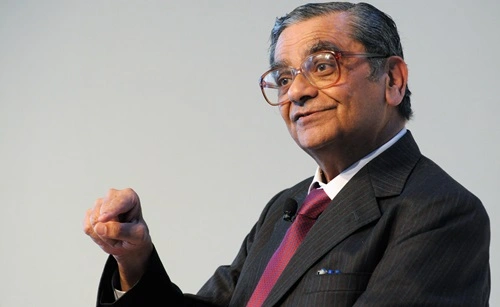
Jagdish Natwarlal Bhagwati is an Indian-American economist. Jagdish is regarded as the conceptual architect of India’s economic development in 1991. He also garnered worldwide recognition, becoming the only professor in American academia to have a chair named after him. He held the positions of University Professor of Economics and Law at Columbia University and Senior Fellow in International Economics at the Council on Foreign Relations. He made important intellectual contributions to international trade theory and economic development.
5. Kaushik Basu:
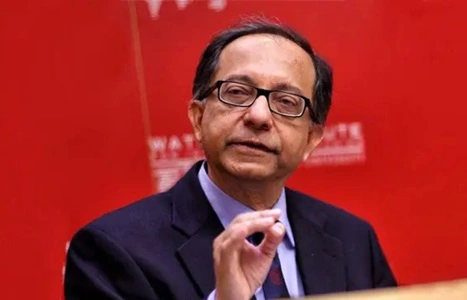
Kaushik Basu, is an Indian economist who worked as the World Bank’s Chief Economist from 2012 to 2016. He was also a Professor of International Studies and Economics at Cornell University. In June 2017, he began three-year tenure as President of the International Economic Association. Basu also served as the Government of India’s Chief Economic Adviser. This was during the second term of the United Progressive Alliance government between the years 2009-2012. Some of his most notable writings in the economics area are Government’s Revealed Preference, The Less Developed Economy: Critique of Contemporary Theory, Economic Graffiti Essays for Everyone
Etc.
6. Manmohan Singh:
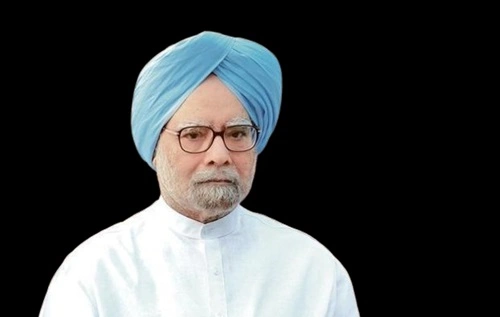
He is the most prominent economist and politician, who served as India’s Prime Minister from 2004 to 2014. He is a Padma Vibhushan awardee and is also known for spearheading India’s economic reforms of 1991. He was well-versed in the Indian economic situation and its potential, and he is credited for rescuing the country from economic catastrophe. During the 1970s and 1980s, Singh served in numerous critical capacities in India’s government, including Chief Economic Advisor, Reserve Bank Governor, and the head of the Planning Commission.
7. C. Kumarappa:
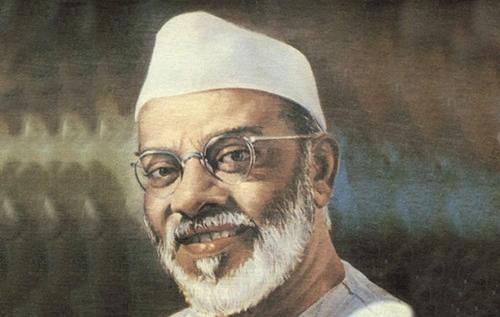
Joseph Chelladurai Cornelius, an Indian economist who closely affiliated with Mahatma Gandhi. He thus established economic theories related to Gandhian economics. Kumarappa is widely recognized as a pioneer in rural economic development theory. Kumarappa aimed to use the Christian and Gandhian principles of nonviolence and an emphasis on human dignity and development as the foundation for his economic theories rather than materialism. While criticizing socialism’s emphasis on class struggle and force in implementation, he also criticized laissez-faire economics for prioritizing material growth, competitiveness, and efficiency.
8. Gordhanbhai Patel:

Patel, an Indian economist and civil servant, was the fourteenth Governor of the Reserve Bank of India. Patel is well-known as the first Indian Director of the London School of Economics, which is a higher education institute in the UK. Patel also served as Deputy Administrator of the United Nations Development Programme from 1972 to 1977. He is well-known for his exceptional intellectual ability in the company of prominent central bankers and economic politicians, such as the Committee of Thirty formed by former German Chancellor Helmut Schmidt.
9. Bibek Debroy:
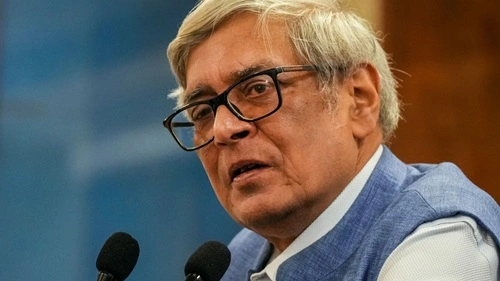
Bibek Debroy is a renowned Indian economist and novelist. He has made significant contributions to the field of economics by proposing some of the important theories such as game theory, economic theory, income and social disparities, etc. Debroy currently chairs the Economic Advisory Council to the Prime Minister He was a member of the NITI Aayog from its start in January 2015 until June 2019. In addition, the USA-India Business Summit honored him with the Lifetime Achievement Award in 2016.
10. Raghuram Rajan:
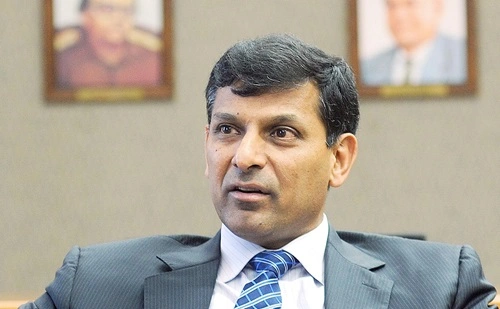
Dr. Raghuram Rajan is India’s 23rd RBI governor, having previously served as the Ministry of Finance’s Chief Economic Advisor. He rose to prominence as the International Monetary Fund’s Chief Economist from 2003 to 2006. In India, Rajan has been praised for restoring stability to the volatile native currency and controlling borrowing rates to encourage economic growth.
The contributions of all these economists in strengthening the economy of our country have been phenomenal. Without our economist India would still have not reached the current milestones that we are enjoying today.

